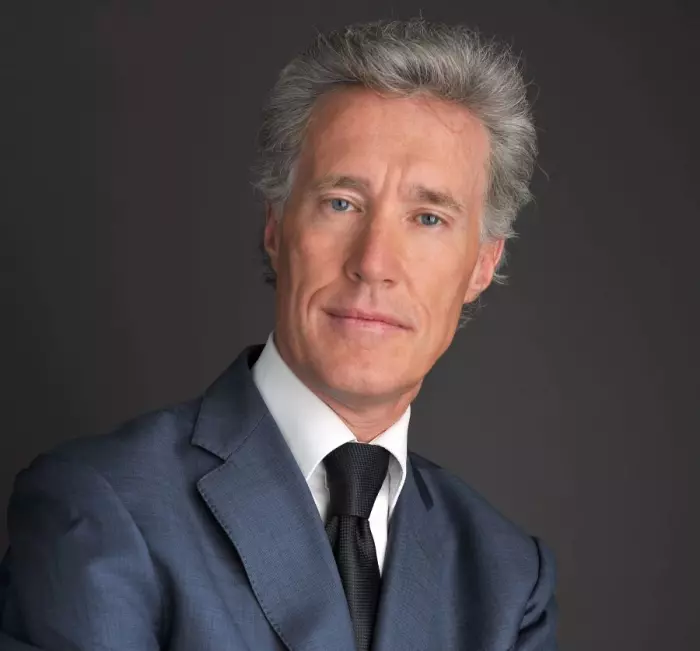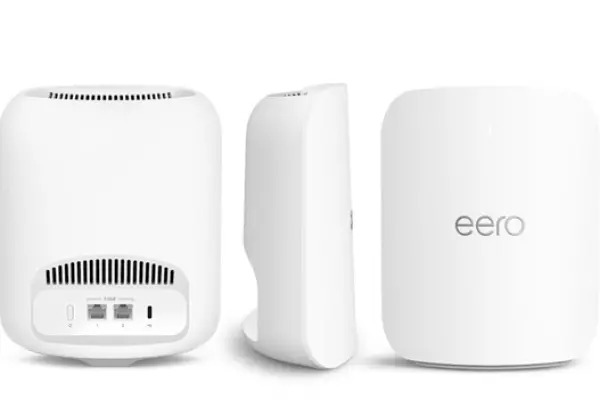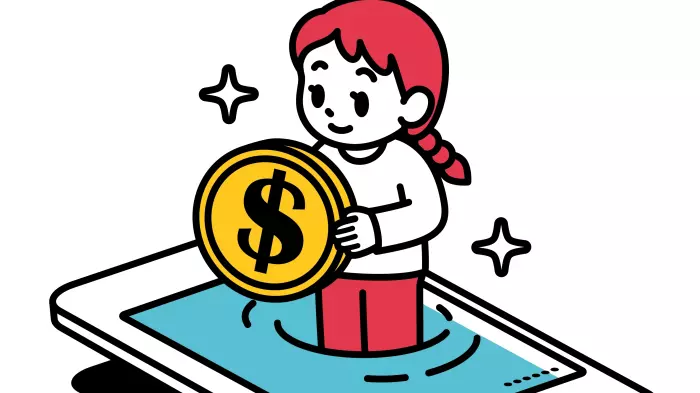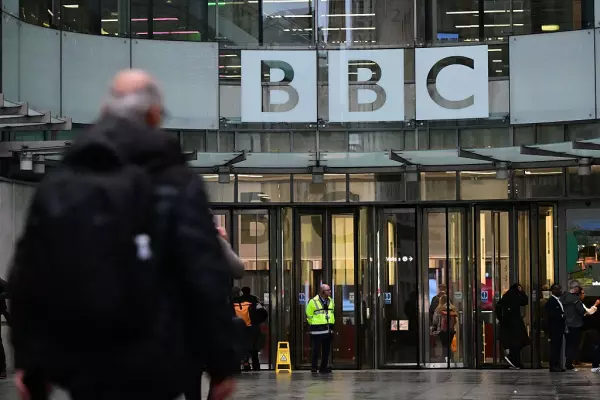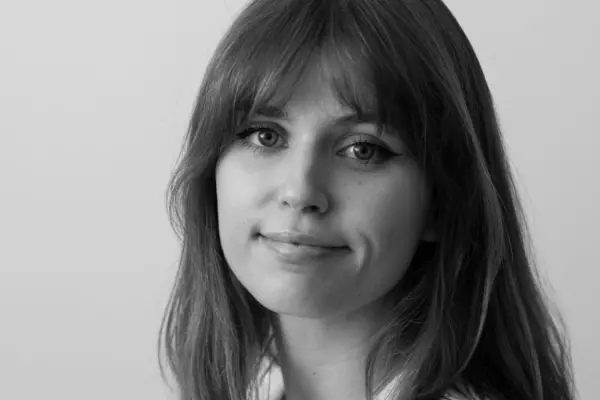It’s only from May 1, due to relaxed covid restrictions, that the family behind global street furniture inventor JCDecaux can enter New Zealand.
Jean-François Decaux, son of founder Jean-Claude, is sitting in a boardroom just across the Tasman, with New Zealand, the company’s newest footprint, very much on his mind. Based near Paris, he reached Australia via the company’s offices in New York and San Francisco.
Having started with the company himself in 1982 and now co-CEO with his brother Jean-Charles, he has been on board for much of the journey from the first bus shelter the business established in Lyon, France, in 1964.
His father, a former billboard poster, came up with the bus shelter concept after he was forced to find a new way forward following France’s ban on advertising outside city boundaries.
He seized upon the idea of providing free city amenities, such as the shelters and noticeboards, in return for advertising space.
“My father had to cut posters to fit, in order to make his first advertisement,” he says. “He was very keen for the shelter to be aesthetically pleasing in order to be able to enhance the landscape. Beautification was part of our DNA from the very beginning.”
When it came time for Jean-François to follow in his father’s footsteps, he was told his own entry into the company leadership would come only after he had proved himself outside France.
He chose to set up a branch of the family firm in Germany, mainly because he had learned German at school.
This year, he celebrates his 40th anniversary in the world’s largest out-of-home (OOH) media company by revenue and also in terms of footprint. Last May, in announcing Jean-François’ appointment as chairman of its executive board, JCDecaux put its 2020 revenue at more than 2.3 billion euros ($3.67 billion), much of it from more than 964,000 advertising panels in 80-plus countries.
“We are not a typical billboard or outdoor advertising company. We are a service company providing state-of-the-art services to the public. These are financed by advertising rather than taxpayer money, using first-class advertising assets.”
JCDecaux has kept innovation at the forefront right from the start, he says. Ten years after pioneering the bus shelter, it invented the city information panel, a double-sided free-standing unit that reserved 50 per cent of the space for advertising, leaving the other half for a city’s social marketing.
In 1982, the company developed the automatic public toilet at the request of the then mayor of Paris, Jacques Chirac, who later became president of France. “The city of Paris had trouble with the so-called pissoirs, the public toilets, and Mayor Chirac asked my father to develop something that would enable the toilet to be cleaned after each use. We developed this internally, using our engineers, and we still have a patent.”
Today, JCDecaux operates around 3000 automatic public toilets all over the world, including in San Francisco, where it has just renewed its five-year contract with city authorities.
Another major achievement has been its role in transforming public transport. In Vienna in 2003, JCDecaux pioneered the first self-service bicycle-rental scheme, paving the way for a bike revolution and transforming commuter transport long before the arrival of Uber and ride-sharing.
“This was a huge success. And then we won the Paris contract, which became the benchmark for all cities around the world,” says Jean-François. “The mayor of London came to Paris, the mayor of New York, Michael Bloomberg, came to Paris, to have a look at the system, which included 23,000 bikes in 1600 bike stations, all financed by advertising.
“The self-service bicycles are probably the most impactful developments by JCDecaux and have had a tremendous positive impact on sustainability. The bike system, for instance, means that in many cities where we operate those bikes, people are using their cars less.”
As JCDecaux has evolved, Jean-François has also evolved his approach to business, based on three key principles. “Passion, innovation and trust. You have to be passionate about what you do. Nothing great, in my opinion, can be achieved without passion. Rule number two: think out of the box, innovate constantly and stay ahead of the game. And third: trust, because you will always meet people more than once in life, and you cannot bullshit people or not honour your word.”
Jean-François says the company’s main goal is to remain the best at what it does, and its dominant position flows from that. Being number one was never the goal, he says, but by remaining the most innovative, with the best product and quality delivery, it has become the dominant player in the global market.
That’s not to say there have not been speed bumps along the way. In 2019, JCDecaux experienced its best-ever year, but that was followed by its worst-ever year, due to the covid pandemic. Because its business relies on eyeballs, on people moving and travelling, it lost 70% of its audience and 600 million euros ($957 million), the first loss in its 57-year history.
While the company waits for travel to bounce back, it is bolstered by digitisation and its new trading platform, which enables clients to buy advertising to reach specified demographics almost in real time.
JCDecaux has also been waiting down under, to move into delivering its street furniture in New Zealand. For the first time in 23 years, contracts are being put out to tender in Auckland, Wellington and Christchurch.
In 1998, when Jean-François visited Australia, he came to New Zealand as well. While JCDecaux won the tender for Sydney’s street furniture, similar contracts in New Zealand were let to the incumbent without a chance for his family firm to bid.
“I remember very well being quite upset about this,” he says. “So we have had to have a long-term vision for New Zealand, to play the waiting game for 23 years.”
The waiting game has included admiring New Zealand’s reputation for innovation, as evidenced by its winning the America’s Cup. “My brother, the co-CEO, is a keen sailor and he would have loved to watch the America’s Cup in New Zealand. The way the Kiwis managed to innovate in terms of the boats is second to none.”
Jean-François hopes his company’s global reputation for innovation, its commitment to design and its environmental and sustainability track record will make it a strong contender in the upcoming tenders in New Zealand.
jcdecaux.co.nz
jcdecaux.com/partners/city


